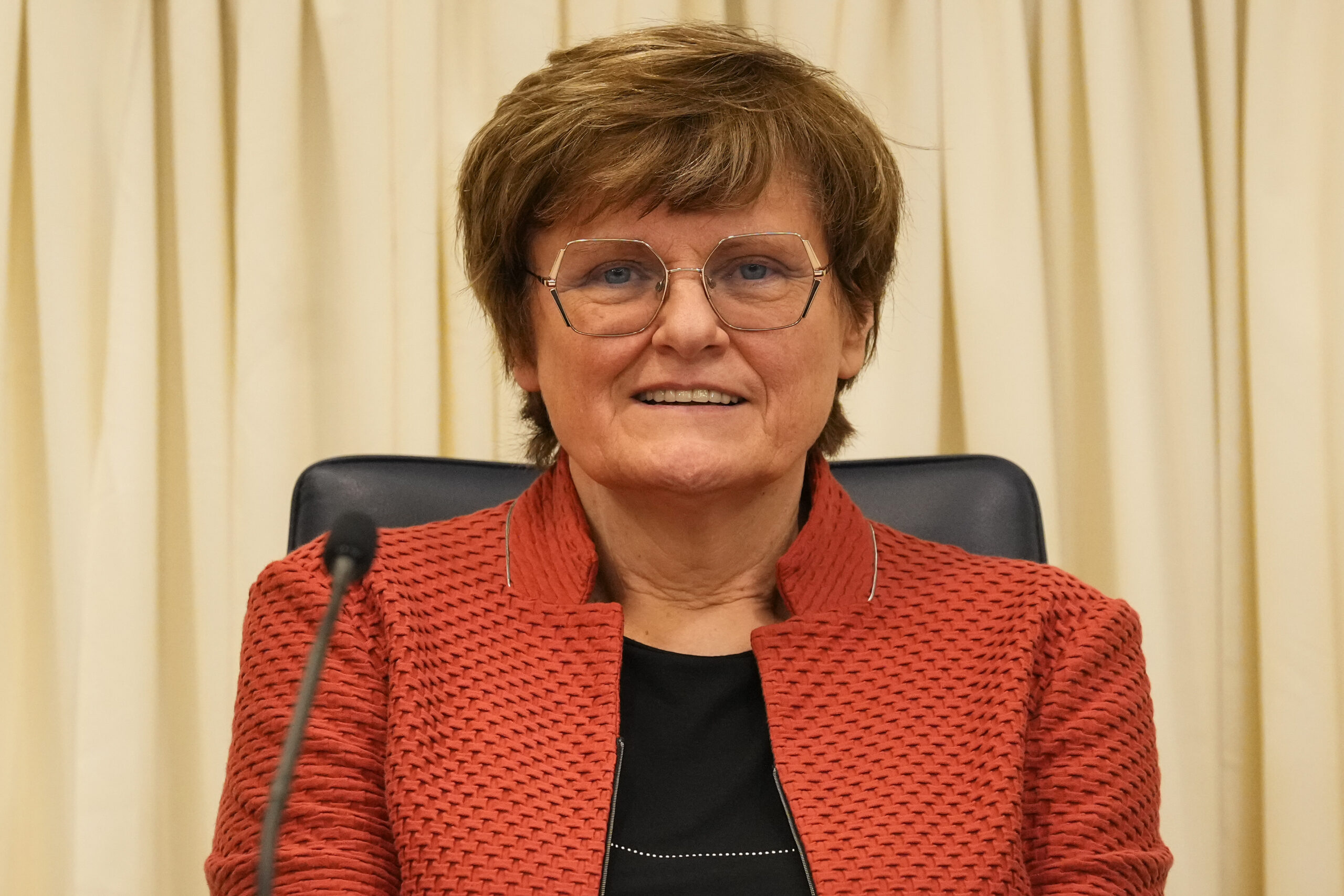Two scientists were awarded the Nobel Prize for Physiology or Medicine for their contributions that led to the development of mRNA vaccines against COVID-19.
The Nobel Prize panel in Stockholm recognized Hungarian-American Katalin Karikó and American Drew Weissman for their role in accelerating vaccine development at an unprecedented pace during a moment of profound peril to human health.
Traditionally, the vaccine creation process involved cultivating viruses or viral components and then refining them before progressing to subsequent stages. However, the innovative mRNA approach commences with a fragment of genetic code that contains instructions for synthesizing proteins. In theory, by selecting the specific viral protein to target, the body effectively transforms into a miniature vaccine factory.
Will there be a Nobel Peace Prize for forcibly locking down populations, killing their jobs and businesses, coercing them to wear a useless and harmful mask, censoring the public square, and firing, banishing and denying medical care to the unvaccinated? pic.twitter.com/ywiwdeRobf
— Mark Changizi (@MarkChangizi) October 2, 2023
“Through their groundbreaking findings, which have fundamentally changed our understanding of how mRNA interacts with our immune system, the laureates contributed to the unprecedented rate of vaccine development during one of the greatest threats to human health in modern times,” the panel that awarded the prize said.
Karikó, a professor at Szeged University in Hungary, and the University of Pennsylvania, and the 13th woman to receive the Nobel Prize in medicine, joined Weissman from the University of Pennsylvania, ingeniously devising a minor modification to the RNA building blocks, rendering it stealthy enough to evade immune defenses.
Karikó served as a senior vice president at BioNTech, a key collaborator with Pfizer in the development of one of the COVID-19 vaccines. The two scientists have collaborated for decades, with Karikó primarily focusing on the RNA aspect and Weissman specializing in immunology. As Karikó put it, “We educated each other.”


Experts in the field celebrated the mRNA vaccines created by BioNTech-Pfizer and Moderna Inc. as groundbreaking innovations that played a pivotal role in curbing the COVID-19 pandemic, saving countless lives in the process. Dr. Paul Hunter, a professor of medicine at the University of East Anglia in Britain, described these vaccines as a “game changer.”
“We would likely only now be coming out of the depths of COVID without the mRNA vaccines,” Hunter said.
As the Nobel announcements continue, the physics prize is set to be revealed on Tuesday, chemistry on Wednesday, and literature on Thursday. The Nobel Peace Prize will be disclosed on Friday, followed by the economics award on October 9.


















Add comment